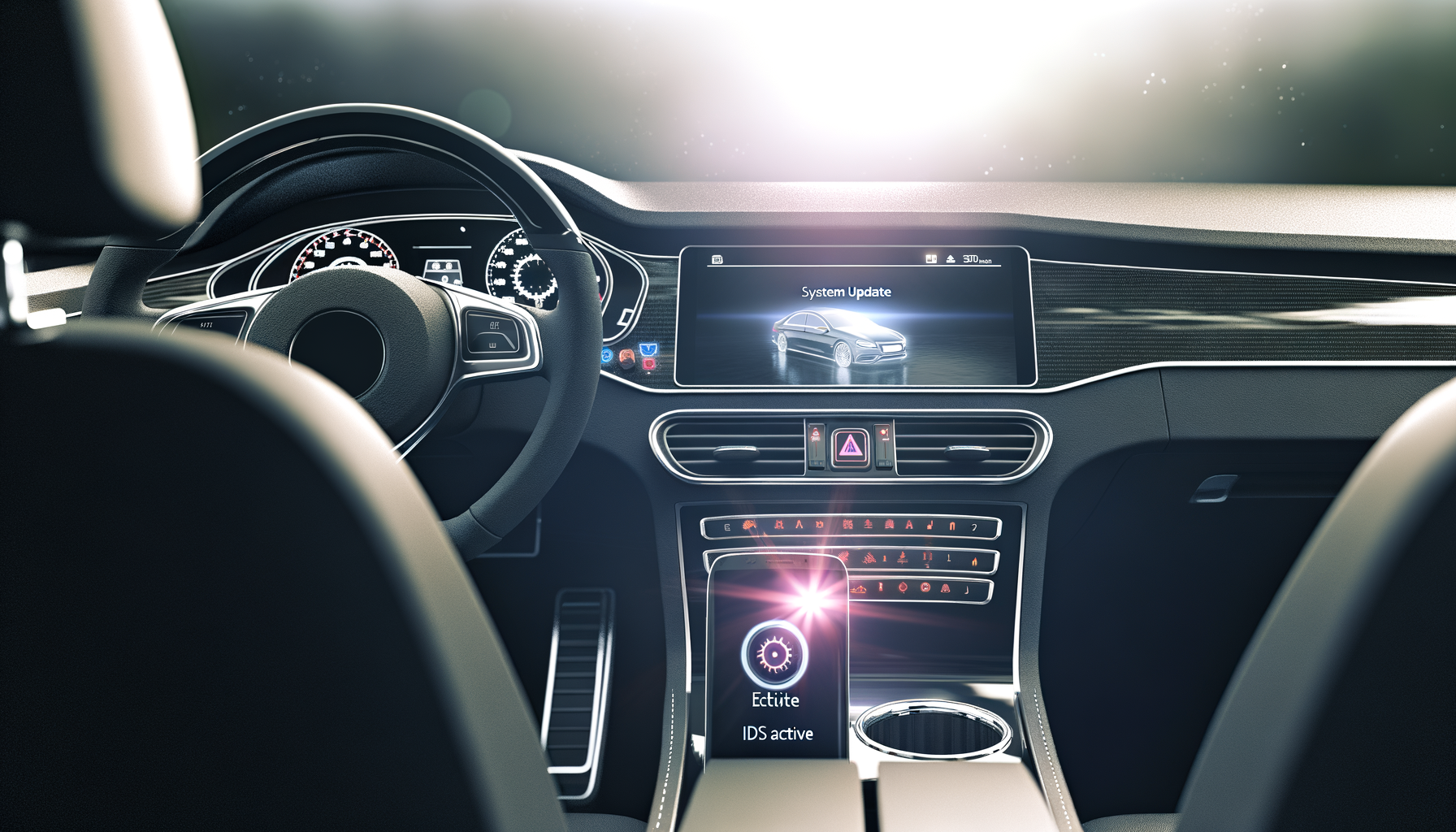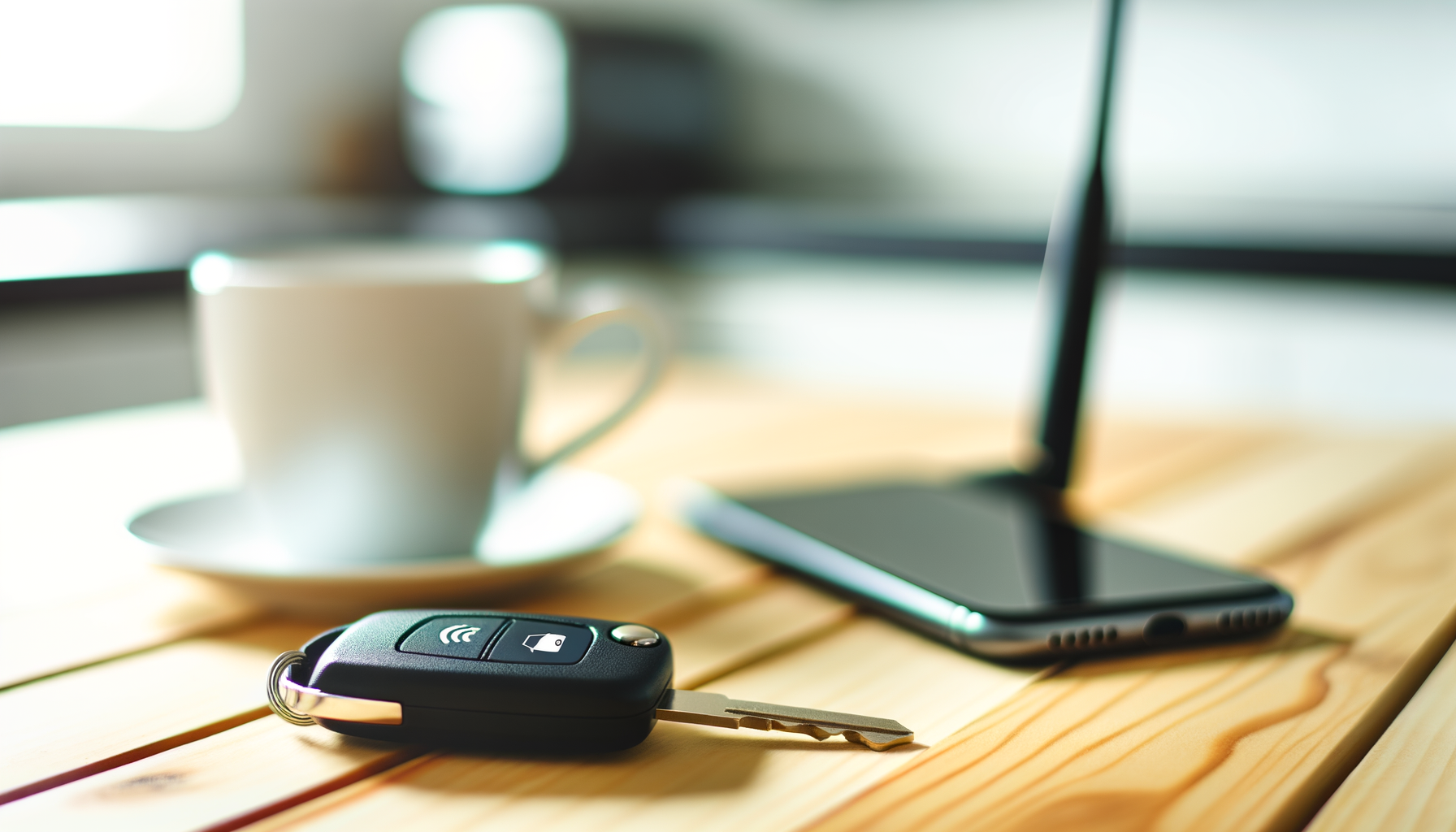In the digital age, our lives are increasingly connected, and our vehicles are no exception. Modern cars are packed with advanced technology, making driving safer and more convenient. However, this convenience comes with potential risks. The question is, “Car Hacking: Can Cybercriminals Take Control of Your Vehicle?” The answer, unfortunately, is yes. In this comprehensive guide, we will explore the intricacies of car hacking, the potential threats it poses, and the security measures you can take to protect your vehicle from cybercriminals.
Understanding Car Hacking

Car hacking refers to the manipulation or breach of a vehicle’s electronic systems by an unauthorized individual. As cars become more technologically advanced, they also become more vulnerable to cyberattacks. These attacks can range from stealing personal data stored in the car’s system to taking complete control of the vehicle’s functions. The purpose of a car hack can vary from theft, sabotage, or even cyberterrorism.
The Threat Landscape
Car hacking is a real and growing threat. As vehicles become more connected, they become prime targets for cybercriminals. Hackers can exploit vulnerabilities in a car’s software to gain unauthorized access. They can steal personal data, manipulate the vehicle’s functions, or even disable the car completely. The threat landscape is vast and varied, including threats like ransomware attacks, GPS spoofing, and even sophisticated attacks targeting the car’s CAN bus system.
Threat Detection and Defense

Identifying potential threats is the first step in defending against car hacking. This involves regular software updates, monitoring for unusual activity, and being aware of the latest hacking techniques. Additionally, several technologies can help protect your vehicle. These include intrusion detection systems (IDS) that monitor for suspicious activity, and firewalls that block unauthorized access to the car’s network.
Data Protection and Privacy
Modern vehicles store a wealth of personal data, making data protection and privacy a top priority. This data can include your home address, phone numbers, and even credit card information. To protect this data, it’s essential to ensure that your car’s software is up to date, use strong passwords, and be wary of connecting unknown devices to your car’s system.
Security Measures and Best Practices

There are several security measures and best practices that can help protect your vehicle from cyberattacks. These include:
- Regularly updating your car’s software
- Using strong, unique passwords for any connected services
- Being cautious when connecting devices to your car
- Using a VPN when connecting to public Wi-Fi networks
Table: Common Types of Car Hacks
| Type of Car Hack | Potential Impact |
|---|---|
| Ransomware Attack | Can lock you out of your vehicle or disable certain functions until a ransom is paid. |
| GPS Spoofing | Can manipulate your vehicle’s GPS to give false location information. |
Conclusion
While the prospect of car hacking can be frightening, it’s important to remember that there are numerous ways to protect your vehicle. By staying informed, taking proactive security measures, and being aware of the latest threats, you can significantly reduce your risk of falling victim to a car hack.
Thank you for taking the time to read this article. We hope you found it informative and helpful. We invite you to explore our other articles on cybersecurity and technology to further enhance your knowledge in this critical area.









